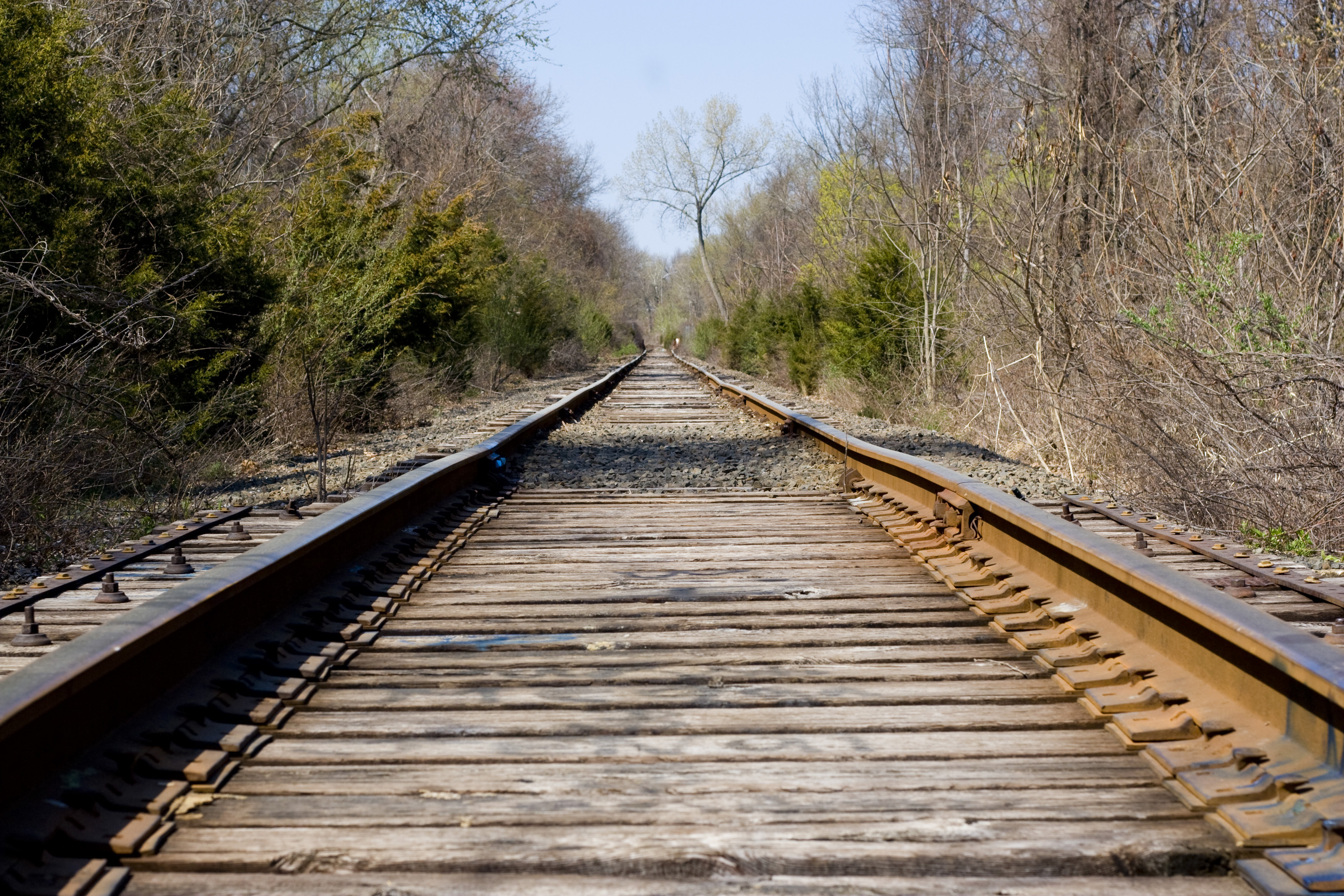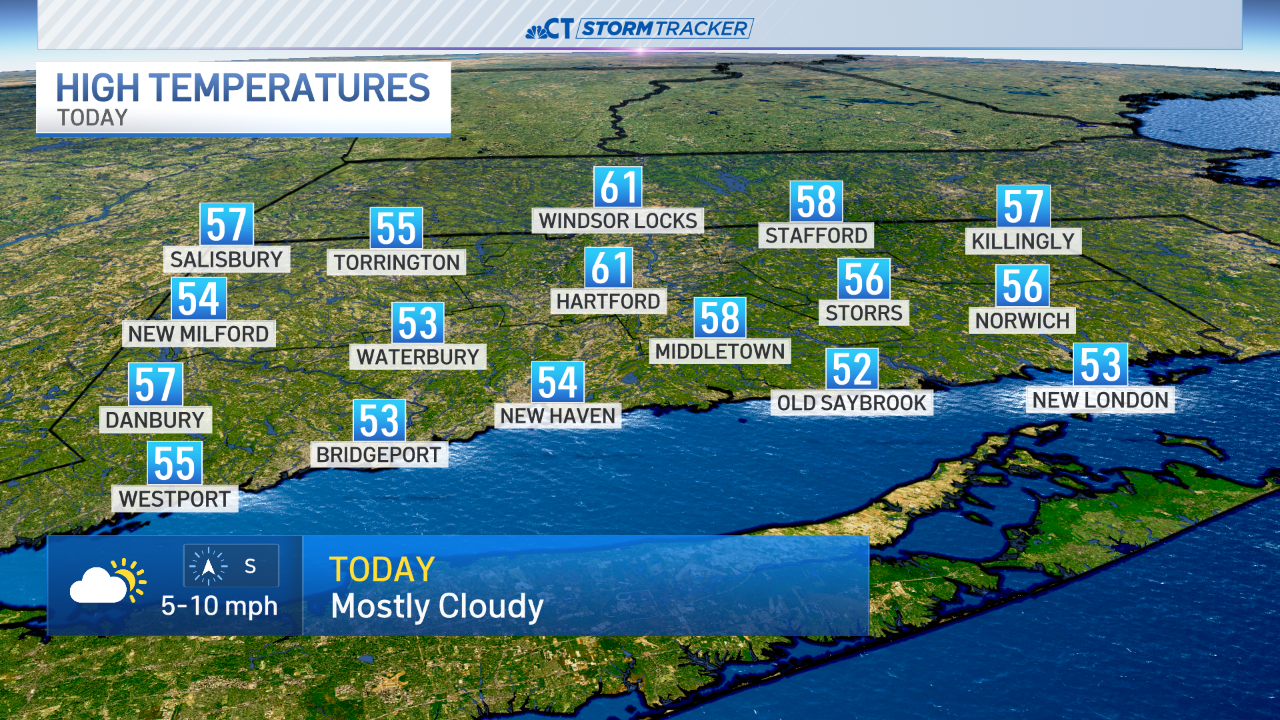Imagine seeing more than a century of history: that's something one Hartford man can now say he has done.
Euyald Clarke turned 101 years old Thursday. He has migrated and witnessed the Civil Rights Movement, and shaped Hartford’s West Indian community.
If you ask Clarke the secret to living a long life, his response comes in a song.
“It is no secret, what God can do, what he’s done for others he will do it for you,” Clarke sang.
Get Connecticut local news, weather forecasts and entertainment stories to your inbox. Sign up for NBC Connecticut newsletters.
His melody and his faith are working.
“I’m so young!” Clarke said about turning 101.
“He’s really reflecting on the blessings that he's received in life,” Victoria O’Connor, Clarke’s granddaughter, said.
Local
She cried tears of joy, reflecting on all that Clarke has lived through.
“Over a century of things!” O’Connor said. “He's seen wars. All these different presidents. The different changes in Hartford.”
Clarke was born in Montego Bay, Jamaica on February 24, 1921, one of 16 children.
As a 21-year-old, he was one of 4,200 Jamaicans to travel on a naval transport vessel to the United States. They migrated in 1943, passing German military boats on their journey. Those Jamaicans came to the U.S. to fill the labor shortage void during World War II.
“They recruit men to go and work,” Clarke recalled.
After landing in Louisiana and moving around the country, Clarke eventually made his way to Connecticut. He found work at the Cullman Brothers Tobacco Farm on the Granby-Simsbury line.
“He was such a hard-working man, so humble,” O’Connor said. “He didn't care the amount of pennies he worked for, but he wanted to make sure that he worked hard for every penny that he received.”
That was the same farm where Martin Luther King Jr. worked summers as a teenager. Clarke will tell you, he befriended King when they were both young men.
“They came here from Morehouse College in Georgia, and every year, they came up here,” he said. “It was very good.”
Clarke recalled King as a young man of noble character.
“My grandfather has a connection to prominent Black American history,” O’Connor said. “It brings me so much pride and joy to say that, and to know that he's still here today.”
King wrote in letters home that he found the way Black Americans lived in Connecticut to be eye-opening compared to the segregated South. Clarke also saw racism through a unique lens, coming from another country.
“My grandfather shared that the Jamaicans were very strong-willed,” O’Connor said. “They didn't back down for anything. So when they were mistreated, they made sure their voices were heard.”
Clarke followed the Civil Rights Movement closely, but in Hartford, he was making his own mark.
“He helped to form the foundation of the Jamaican population here in Hartford,” O’Connor said.
He was one of the first Jamaicans to settle in Hartford, paving the way for thousands of others and forging a strong West Indian community. Connecticut now has one of the largest West Indian communities in the country.
For his work, Clarke has earned recognition from Mayor Luke Bronin and other city departments.
“It sits well with me knowing that I come from a legacy of hard work and strong character,” O’Connor said.
Looking back, 101 years of life has brought Clarke decades of marriage, two children, five grandchildren, and seven great-grandchildren. His 100th birthday last year was a bash.
“We crowned him! We put him in a royal chair!” O’Connor said.
This year, Clarke also has much to celebrate.
“What's in his heart really keeps him young,” O’Connor said. “And if you ask him, what his secret is, he'll be sure to sing to you.”
“It is no secret what God can do. What God can do!” Clarke sang.
Clarke’s family plans to celebrate his 101st birthday on Sunday.



